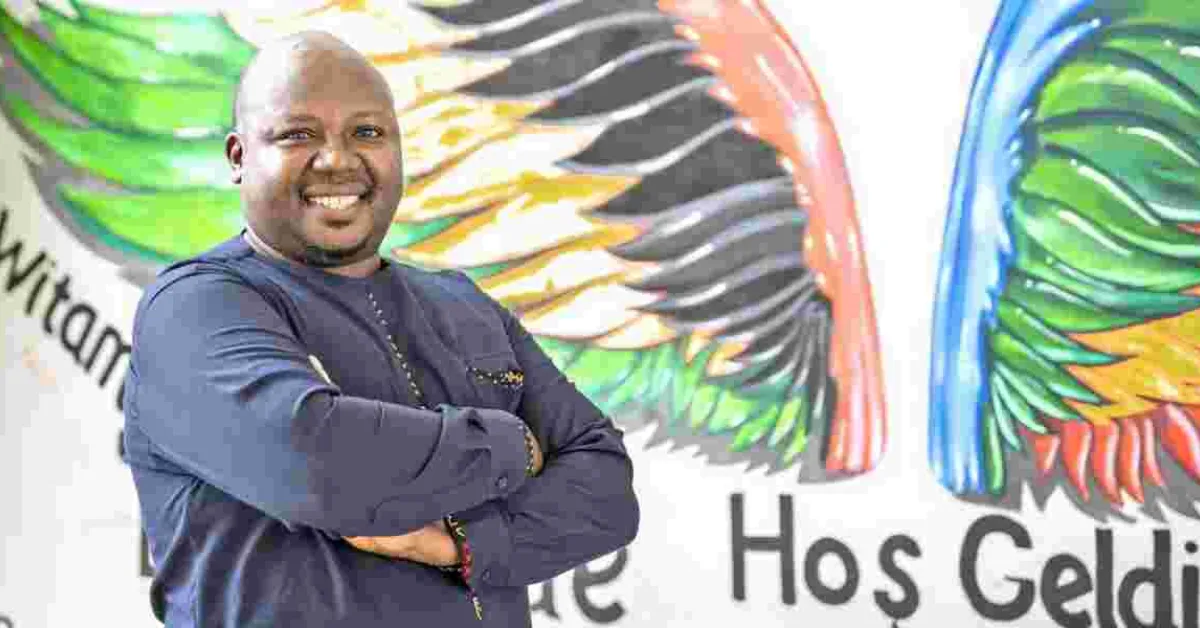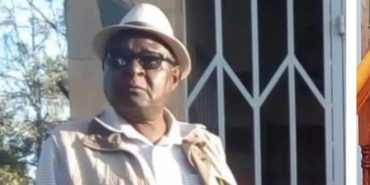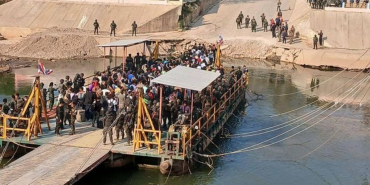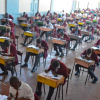Kenyan Principal Achieves 100% Pass Rate in Remote Ethiopian School

In the remote northwestern region of Ethiopia lies the town of Homosha, an unexpected centre of educational progress amidst rugged terrain.
A short flight from Addis Ababa to Assosa, followed by a 30-kilometer drive on challenging roads, brings visitors to the Pharo School Homosha. Established in February 2020, this educational institution spans 16 hectares and serves over 200 female students. The school's Principal Benson Majiwa, a Kenyan educator who transitioned to Ethiopia during the Covid-19 pandemic, has been instrumental in shaping the institution over the past two years. Under his leadership, the school has implemented structured governance systems and maintained a balance between academic and extracurricular activities.
His efforts culminated in a remarkable achievement last year when the school attained a 100% pass rate in national Grade 12 examinations, earning him the moniker "100 per cent principal." Despite its remote location and lack of grid electricity, Pharo School Homosha provides a comprehensive educational environment. The school relies on generator power, operating for 13 hours daily, which presents unique challenges in scheduling and daily operations. Classes and activities are carefully coordinated around periods of available electricity, with power typically switching on at 5:45 am for breakfast and shutting down during lunch hours.
The school's curriculum aligns with Ethiopia's shift towards practical skills, similar to Kenya's Competency-Based Curriculum. This approach is exemplified by the recent addition of an upright piano, donated by the Pharo Foundation in the UK which Principal Majiwa believes will enhance students' musical talents. The school's rigorous admission process, based on entrance examinations and scholarships, ensures access for students from predominantly rural, peasant farming backgrounds. Pharo School Homosha operates against a backdrop of regional challenges, including ongoing conflicts and limited infrastructure.
The nearby Grand Ethiopian Renaissance Dam, while reportedly enhancing the national electricity supply, has yet to benefit remote schools like Pharo which continue to rely on generators. Despite these obstacles, the school maintains a structured daily routine, adapting to the constraints of limited power supply. The educational team at Pharo School includes both local and expatriate educators. Among them is Salome Maina, a fellow Kenyan who recently joined the staff after teaching at the Dadaab Refugee camp.














Add new comment